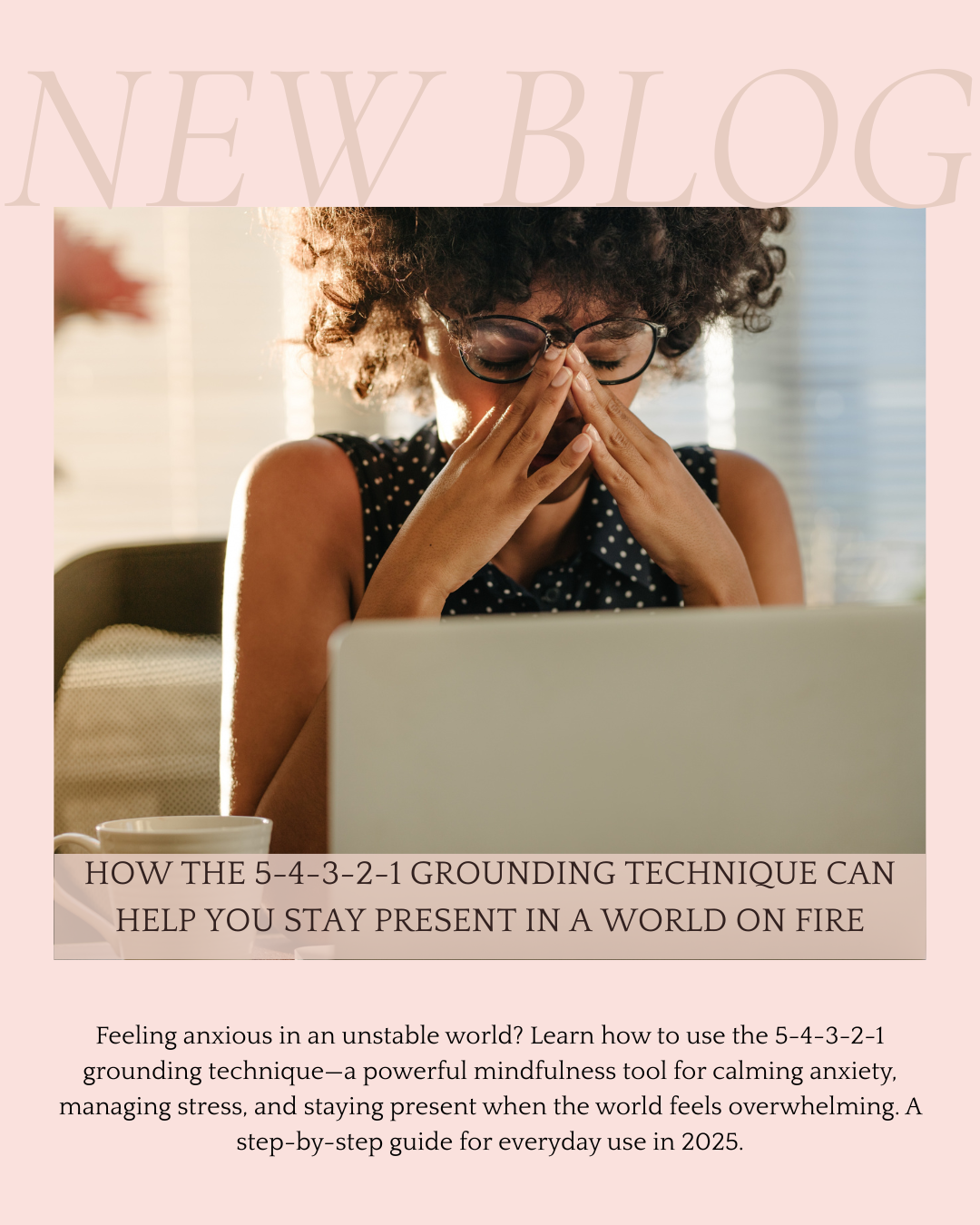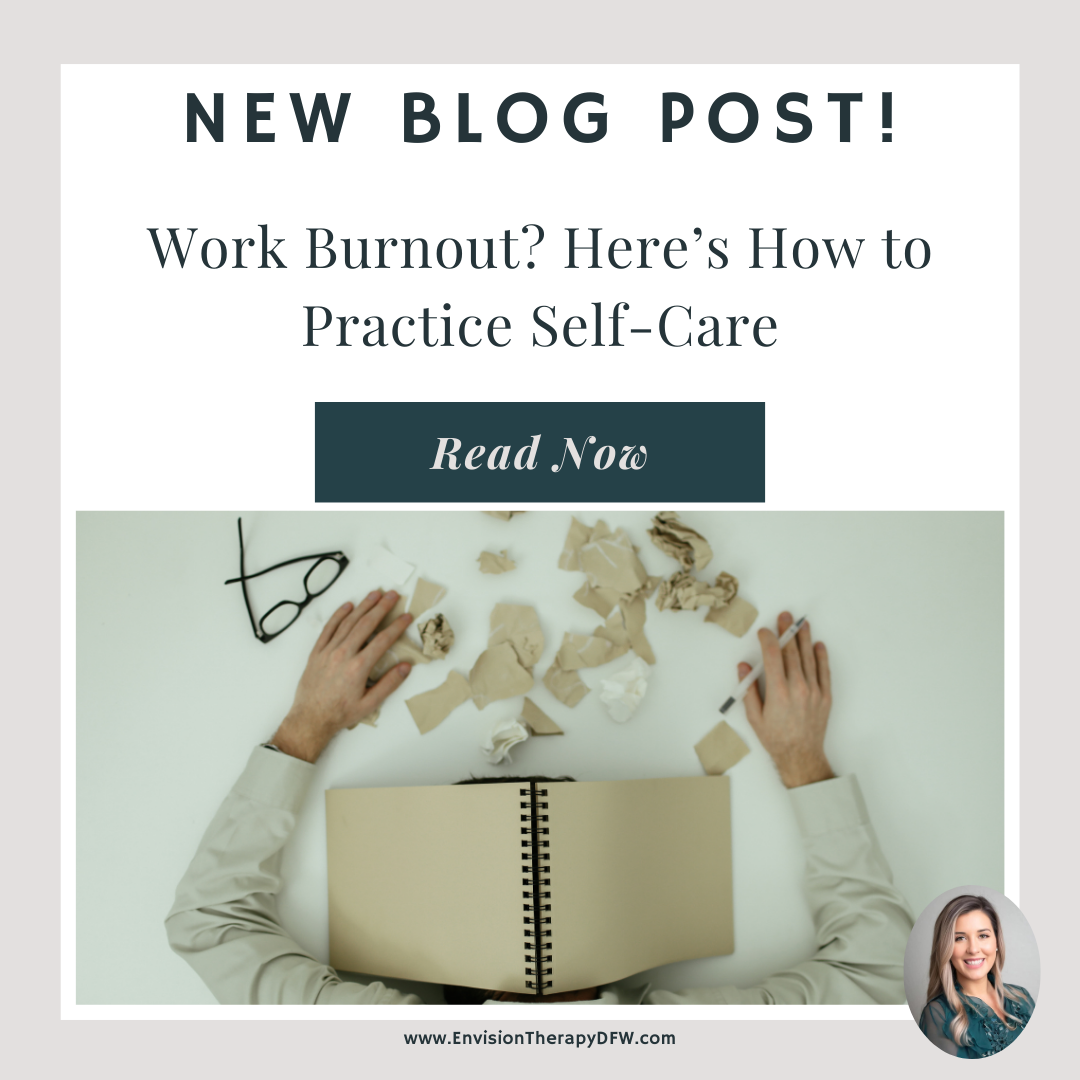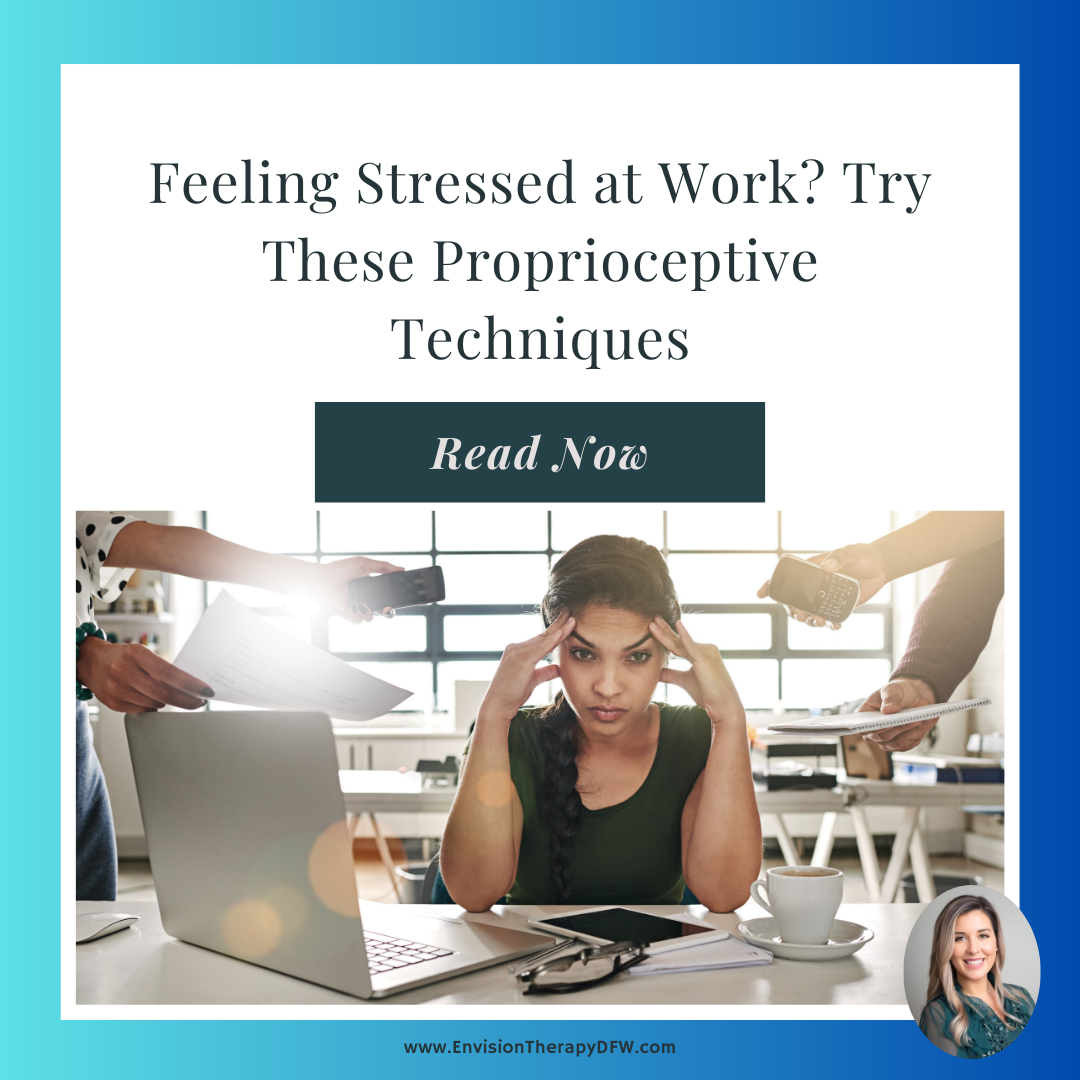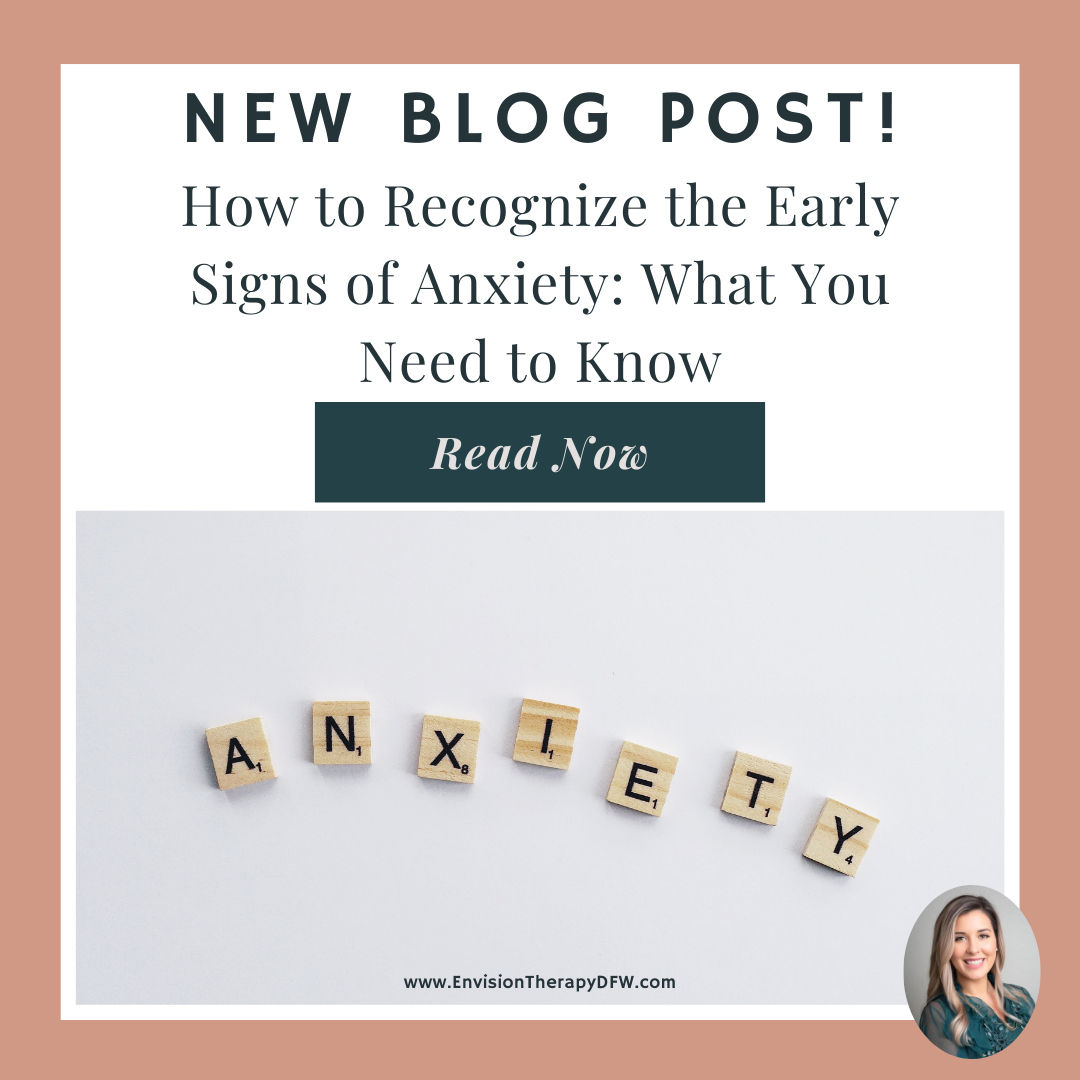-

How the 5-4-3-2-1 Grounding Technique Can Help You Stay Present in a World on Fire
•
Feeling overwhelmed by the pace of change in the world? The 5-4-3-2-1 grounding technique is a science-backed way to calm your mind and reconnect with the present moment—using nothing but your senses. This post walks you through exactly how to use it when anxiety spikes in uncertain times.
-

Managing Trauma-Related Anxiety
•
f you’re struggling with anxiety that stems from past trauma, this guide is designed for you. We explain trauma-related anxiety in clear, compassionate terms—showing how your brain’s natural stress response, rooted in past experiences, can keep you on high alert. You’ll learn practical strategies, such as grounding techniques, mindfulness practices, and cognitive tools, that…
-

How to Cope with Flashbacks
•
If flashbacks are interfering with your daily life, this guide is here to help. We explain how flashbacks are a natural, though disruptive, response to trauma, rooted in your brain’s survival mechanisms. Learn clear, practical strategies—such as grounding techniques, cognitive affirmations, and mindfulness practices—to help you regain control when memories overwhelm you. We also…
-

Work Burnout? Here’s How to Practice Self-Care
•
Work-related burnout is more than just feeling tired; it’s a state of chronic physical, emotional, and mental exhaustion that leaves you feeling ineffective and overwhelmed. If work stress is taking a toll on your well-being, it’s time to prioritize self-care. This article offers practical strategies to help you recover, like setting boundaries to protect…
-

Feeling Stressed at Work? Try These Proprioceptive Techniques
•
Proprioceptive activities, or “heavy work” exercises, are simple movements that engage your muscles and joints, helping to regulate your nervous system. At work, these exercises can boost focus, reduce stress, and alleviate restlessness or discomfort from sitting too long. Whether you’re dealing with anxiety, attention issues, or sensory overload, proprioceptive techniques like wall push-ups,…
-

10 Proven Techniques to Reduce Stress in Your Daily Routine
•
Stress doesn’t have to control your life. This article outlines 10 proven techniques to reduce stress in your daily routine, from deep breathing to mindful time management. These strategies will help you navigate your day with more ease and calm, whether you’re at work, at home, or on the go. Take the first step…
-

How Seasonal Changes Can Affect Your Stress Levels – And What to Do About It
•
Seasonal changes can significantly impact our stress levels, with reduced daylight, colder weather, and holiday pressures all playing a role. In this article, we explore why these seasonal shifts affect us and offer practical techniques to help you stay grounded. Whether it’s using light therapy, adjusting your exercise routine, or practicing mindfulness, these simple…
-

How Seasonal Changes Can Affect Your Stress Levels – And What to Do About It
•
Seasonal changes can significantly impact our stress levels, with reduced daylight, colder weather, and holiday pressures all playing a role. In this article, we explore why these seasonal shifts affect us and offer practical techniques to help you stay grounded. Whether it’s using light therapy, adjusting your exercise routine, or practicing mindfulness, these simple…
-

How to Recognize the Early Signs of Anxiety: What You Need to Know
•
Anxiety often begins quietly—subtle worries, restlessness, and irritability that many people mistake for stress or fatigue. But recognizing the early signs of anxiety is key to managing it before it escalates. This guide will help you identify common symptoms, such as persistent worry, restlessness, and sleep disturbances, and provide actionable steps to take control…
-

10 Proven Techniques to Reduce Stress in Your Daily Routine
•
managing stress is essential for maintaining well-being. This article outlines 10 practical techniques that can seamlessly fit into your daily routine, helping you find peace amidst the chaos. From deep breathing to prioritizing time management, these strategies are designed to reduce stress and improve your quality of life. Discover how easy it is to…
